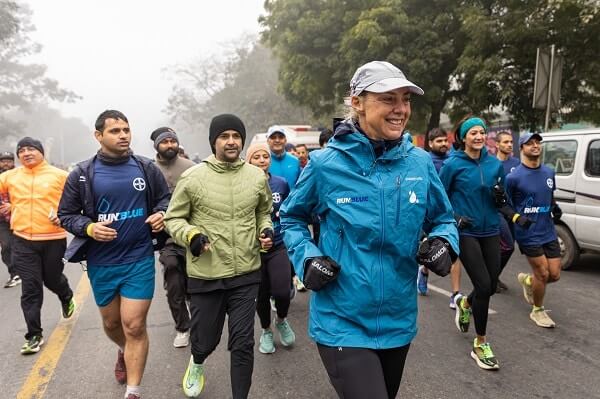Mina Guli, Australian ultramarathoner and water campaigner, is currently finishing 200 marathons across the world. The founder and CEO of Thirst Foundation, a non-profit organisation focussed on delivering action on water, Guli began her Run Blue campaign on March 22, 2022 at Uluru in Australia. Exactly a year to the day, she will run her last marathon in New York City, when the United Nations Water Conference sits down to deliberate for the first time in 50 years.
Her aim through the endeavour has been simple yet significant – to build a community of water advocates across the world to join her in the fight against the global crisis.
She was in India in January this year as she clocked up 150 marathons, having run in excess of 7,000 km. She ran in Delhi, Varanasi, Thane and Mumbai, and alongside local environmentalist and social activist Ripudaman Bevli, called the ‘Plogman of India’.
Excerpts from an interview:
What does it take to run 200 marathons in a span of one year?
I worked with run coaches, trainers, nutritionists, physios and sports psychologists to ensure I was both physically and mentally prepared to take on this task. My coach reminded me that in a campaign like this, most of the time you’re going to be running or operating in some degree of pain or discomfort and you have to be okay with that. So during training, I had the philosophy of ‘no excuses’. It didn’t matter how cold, wet, hot, rainy, sunny, muddy it was, how little sleep I had gotten, or how many times I just wanted to go back to bed. No matter what, I would put my shoes on, get out there and go running.
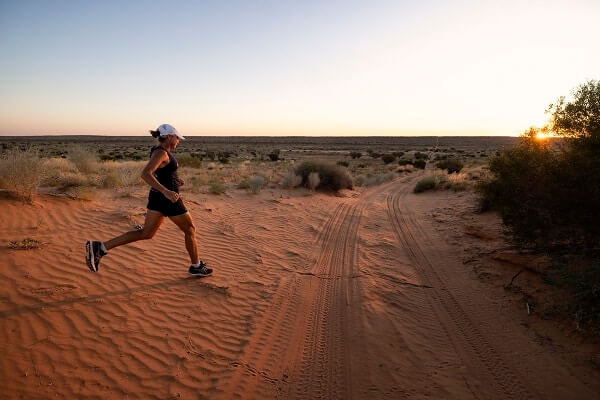
Why do you feel so strongly about the global water crisis?
I had a moment when I was standing in the Richtersveld desert on the bank of the Orange River in South Africa. Once mighty, the levels have decreased so dramatically in the river over the years, that you can now walk it. The water levels have dropped for two main reasons: one is climate change and the other is over-abstraction of its water to irrigate fields of crops, like grapes that end up on tables across Europe. Standing on the bank of that river was when I said this is what I’m going to do for the rest of my life. (One of Mina’s aims in the Run Blue campaign is to have 200 companies, one for each of her marathons, commit to being more water-aware).
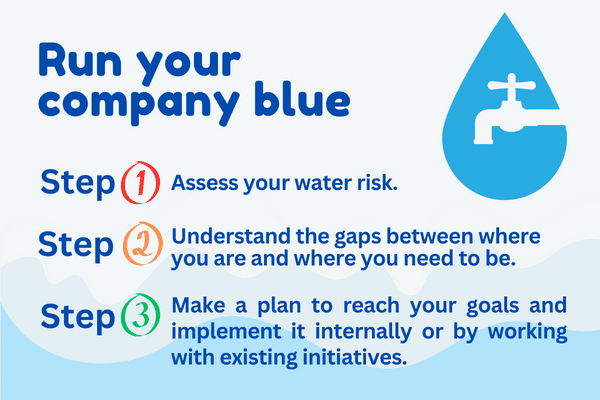
Why do you feel that people are not having enough conversations about water crisis?
Billions of people across the world talk about water every day, because it is a matter of their health, their food, or their work. The challenge is that most decision-makers are not prioritising water and freshwater ecosystems, even though they are fundamental to our future.
At the moment, three huge topics dominate many conversations – climate change, the loss of nature and how to achieve sustainable development. Water is seldom at the forefront of these debates. Yet water and healthy rivers, lakes and wetlands are central to tackling the climate and nature crises, and driving sustainable development.
This is why I run. To help end this ‘water blindness’ and make people realise the scale of the global water crisis, the fact that everything is connected to water, and the urgent need for action.
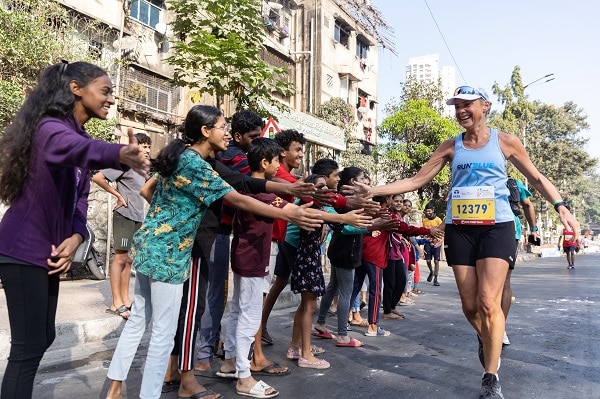
India has nearly 17% of the world’s population, but just 4% of the world’s freshwater resources. What conservation policies does India need?
Part of the solution is using less water in agriculture (with more efficient irrigation) and industry (investing in water-efficient processes) and to a much lesser extent domestically (taking shorter showers). But there is no silver bullet to solve the crisis. It includes investing in better water management and water infrastructure as well as in restoring healthy rivers, lakes, wetlands and watersheds.
Rampant bushfires in Australia are an indication of a sharp decline in water availability. What can the government do?
Longer and more intense droughts coupled with high temperatures are creating the perfect conditions for wildfires. To stop the situation from getting worse, Australia and other countries must act to reduce greenhouse gas emissions to minimise future climate change. Healthy ecosystems, particularly healthy wetlands and forests, will help combat wildfires. But so will better management and policies.
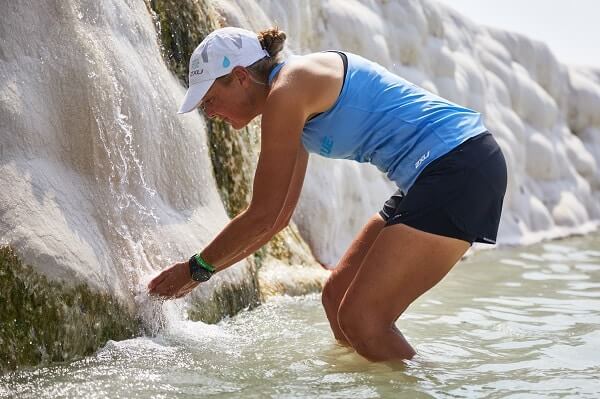
READ ALSO: Samantha Gash in India: Running for change



